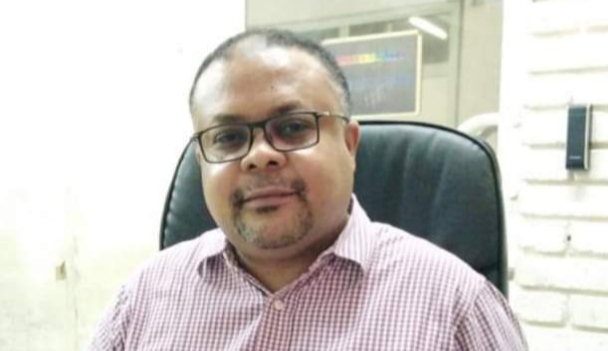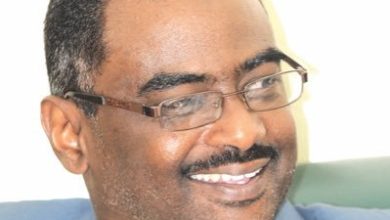Opinion
My Advice to the Leadership of the Forces of Freedom and Change

By Osman Jalal
(1)
Since the December 2018 revolution, I have been in constant communication, both privately and publicly, with the leadership of the Forces of Freedom and Change (FFC), offering them advice. I emphasized that the tasks of a deep democratic revolution, after the fall of the previous regime, should include mobilizing all societal energies, with their religious, ethnic, and intellectual diversity, towards national reconstruction and sustainable democratic transformation. This includes striving for the unification and strengthening of political parties, integrating the energies of the revolutionary youth into party structures, and channeling their protests into constructive intellectual and political activities.
Political parties should convene regular conferences to elect their organizational bodies and renew their leadership periodically to ensure generational succession. They should focus on comprehensive development programs, deepen national and democratic construction issues, and move away from ideologies. Parties must adopt a Sudanese identity and abandon the sectarian loyalties that perpetuate inherited leadership and dependency.
It is also the duty of revolutionary forces to engage armed movements in the national project and end the destructive binary conflict between the center and the peripheries. Dialogue must be the strategic tool for addressing national destiny issues. Furthermore, FFC should avoid antagonizing the nationalist Islamic current that supported the people’s desire for change. They must understand that Islamists are partners in the sustainable national democratic project.
(2)
The revolutionary forces must avoid seeking external support, particularly from Saudi Arabia and the UAE, which have stifled the Arab Spring revolutions during their formative stages. Both nations align with the Zionist project in the region, which aims to maintain authoritarian regimes, uphold disengaged monarchies, and destroy Arab and Islamic states with democratic tendencies to ensure Israeli dominance.
The FFC should minimize the role of the military component within the narrowest possible scope and timeframe. Ethically, they must not exploit the divide between the national army and the Rapid Support Forces (RSF), whose integration into the army should be a strategic goal for sustainable democratic transformation. They must also realize that the political expansion of Hemedti (RSF leader) constitutes a counter-revolution.
The FFC should work to build a critical historical bloc that includes all political forces without exception. This would help establish the national democratic project as a culture and practice within society and political parties, ultimately ensuring societal leadership in governance and civilizational advancement.
(3)
A key task for democratic forces is to end the binary zero-sum conflict of “Us” versus “Them.” Instead, they must embrace the slogan: “We, the people of Sudan, with all our intellectual, political, and religious differences, are the architects of the sustainable national democratic project.”
A revolution driven by narrow ideological or political forces that impose a top-down societal restructuring risks deep societal fractures, leading to either the revolution’s collapse or the replacement of one form of tyranny with another. For the revolution to achieve its strategic goals, it must be inclusive, engaging the entire society, and managing the transitional phase through consensus and partnership.
Identity and governance frameworks should not be forced during the transitional phase, which should be brief. Instead, efforts must focus on conducting elections based on national consensus, allowing the democratic system to solidify structurally and culturally. This would pave the way for constructive differentiation and alliances among political forces.
(4)
In his book The Victorious Revolution, the late Ahmed Mohammed Shamouq observed that nothing remained of the October 1964 revolution except sorrow and speculations. So, what remains of the December 2018 revolution?
It seems to have devolved into a group of functional elites serving the agendas of Mohammed bin Zayed and Hemedti. Can the alliance between Hemedti and Bin Zayed ever produce democracy and a civil state? By their fruits, you shall know them.
If there is any final piece of advice for the rational and honorable leaders of the FFC after two years of partnership in blood and their political and media support for Mohammed bin Zayed and the Al-Daglo militia’s war against the Sudanese people, army, and state, it is this: free yourselves and withdraw your hands from this sinister alliance. Align yourselves with your grassroots base, the people, and the army in the battle for dignity. Better late than never.
Indeed, those who reflect wisely prosper, for history is cunning and harbors misfortune for those who fail to heed its lessons.


